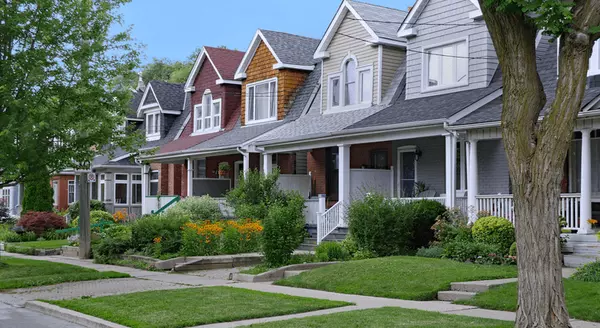
Unpacking the Long-Term Benefits of Homeownership
If you’re thinking about buying a home soon, higher mortgage rates, rising home prices, and ongoing affordability concerns may make you wonder if it still makes sense to buy a home right now. While those market factors are important, there's more to consider. You should think about the long-term b

Are You a Homebuyer Worried About Climate Risks?
The increasing effects of natural disasters are leading to new obstacles in residential real estate. As a recent article from CoreLogic explains: “As the specter of climate change looms large, the world braces for unprecedented challenges. In the world of real estate, one of those challenges wil

Home Prices Are Not Falling
During the fourth quarter of last year, some housing experts projected home prices were going to crash in 2023. The media ran with those forecasts and put out headlines calling for doom and gloom in the housing market. All of this negative news coverage made a lot of people have doubts about the s
Categories
Recent Posts









